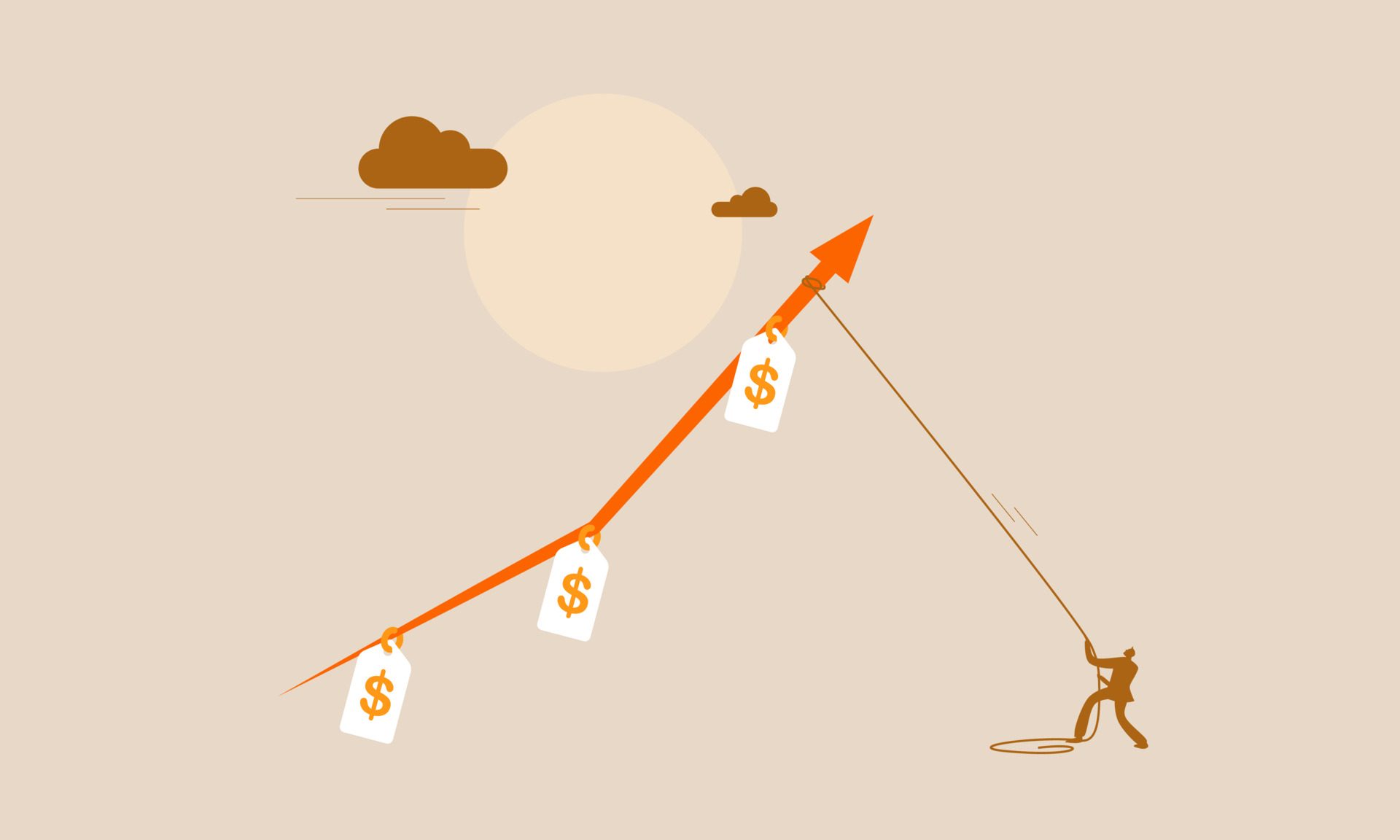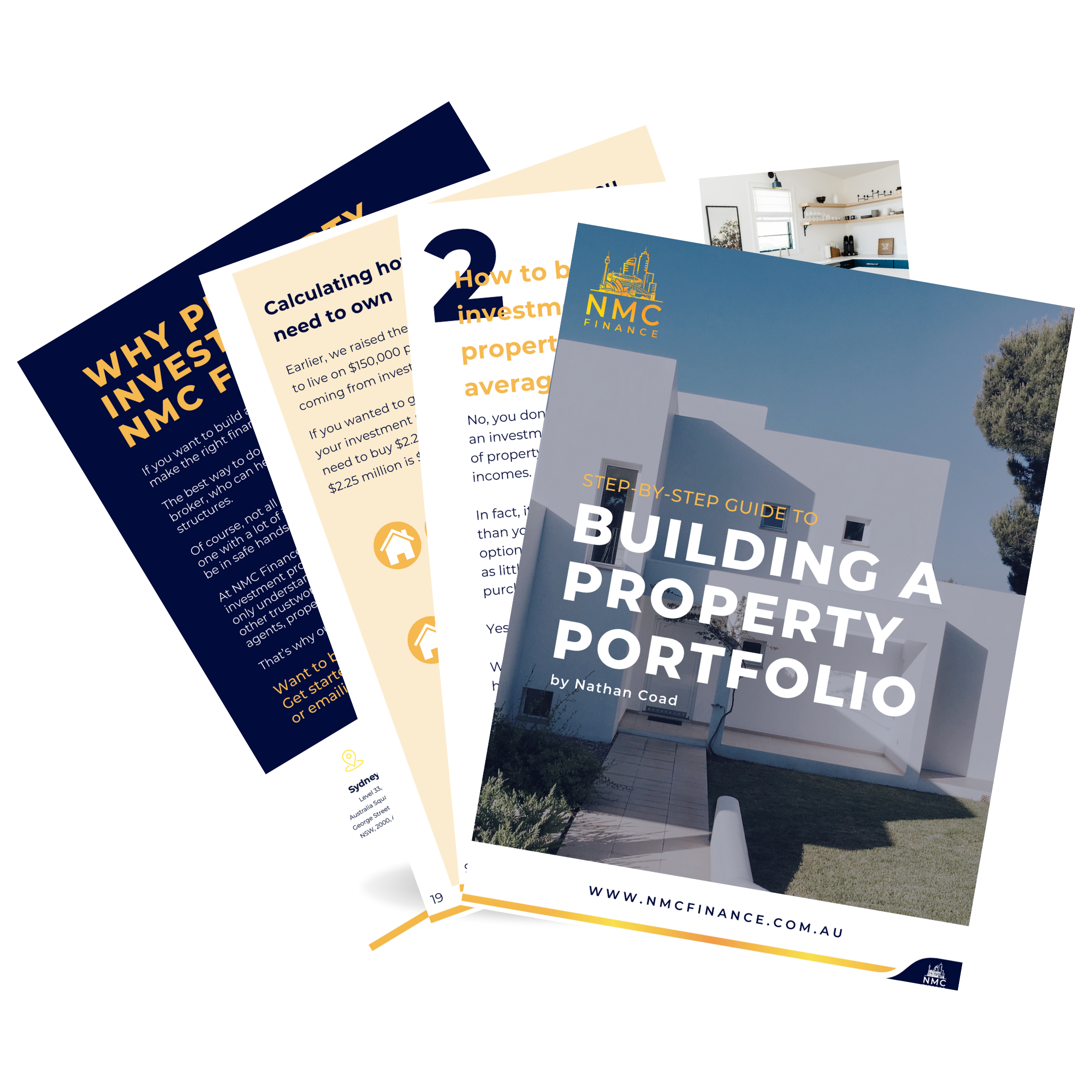The Reserve Bank of Australia caused few surprises when it lifted the country’s official interest rate by 25 basis points to 3.35% in February.
After all, annual inflation jumped by 7.8% over the December quarter, according to the Australian Bureau of Statistics. That’s not just a 32-year high; it’s also significantly higher than the central bank’s target range of 2-3%.
But while the RBA’s move might have been expected, it won’t have lessened the pain for Australian homeowners with variable-rate mortgages, who face yet another rise in their monthly repayments.
According to RateCity’s calculations, the latest increase means the average borrower with a $750,000 variable-rate home loan with 25 years remaining will now be paying $1,362 more each month than they were in April 2022, just before this cycle of rate rises began.
Sadly, it’s likely home mortgage repayments will rise further, with RBA governor Philip Lowe warning of “further increases in interest rates” over the coming months in a statement accompanying February’s monetary policy decision.
So the question on every homeowner’s lips is: how long before my home loan interest rates stop rising?
Thankfully, there may be relief on the horizon.
What will happen to interest rates in 2023?
The RBA is playing a delicate balancing act as it raises the cash rate to dampen inflationary pressures in the economy.
That’s because, if the central bank raises the cash rate too high, it risks slowing down the economy too much.
Conversely, if the RBA doesn’t raise the cash rate enough, it risks high inflation becoming ‘entrenched’. This is when consumers get used to paying higher prices, so prices don’t come back down. As a result, inflation remains above 2-3% which, in turn, means interest rates remain higher for longer, ultimately causing more pain.
To complicate matters, the impact of the RBA’s nine consecutive cash rate hikes is yet to be fully felt by variable-rate borrowers, thanks to a lag, generally estimated to be around two to three months.
So far, borrowers with fixed-rate mortgage loans have been protected from interest rate rises. But many of these fixed-rate terms are expiring this year, with an estimated 800,000 borrowers facing a cliff of sharply higher house loan variable rates.
As such, many commentators think we’re approaching the end of the RBA’s rate rises with:
- NAB forecasting the cash rate to peak at 3.60% by March
- Commonwealth Bank forecasting the cash rate to peak at 3.85% by April
- Westpac and ANZ forecasting the cash rate to peak at 3.85% by May
How to give yourself an unofficial rate cut
More interest rate hikes might be on the way. But that doesn’t mean you’re powerless. That’s because many home loan lenders aggressively discount their standard variable rates for new borrowers.
So if you’re in a position to refinance, you can give yourself an unofficial rate cut by switching to a comparable lower-rate home loan. An expert home loan broker like NMC finance can help.
Looking to save on your home loan? NMC Finance is an experienced home loan mortgage broker and can help you refinance. Contact Nathan Coad on 0498 766 639 or nathan.coad@nmcfinance.com.au to find out more.
* This blog is intended for general informational purposes only. For personalised advice tailored to your unique financial situation, please contact NMC Finance.

